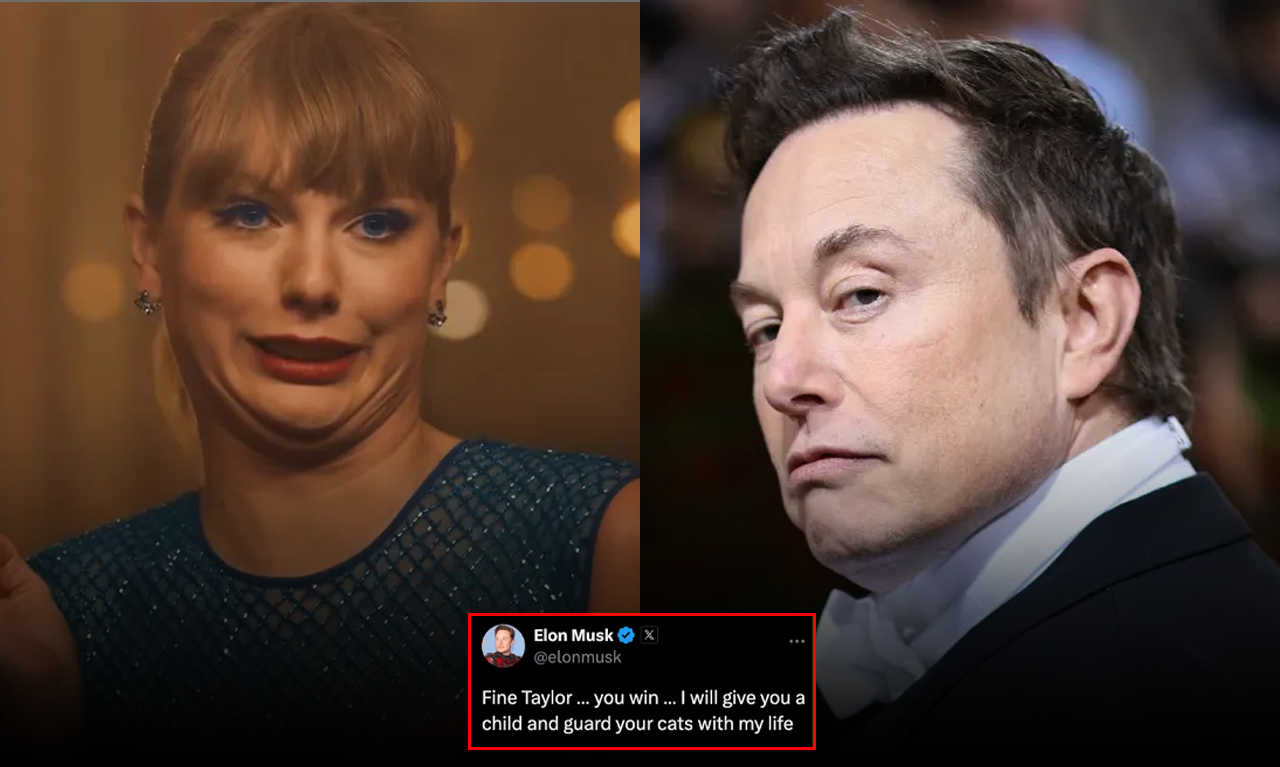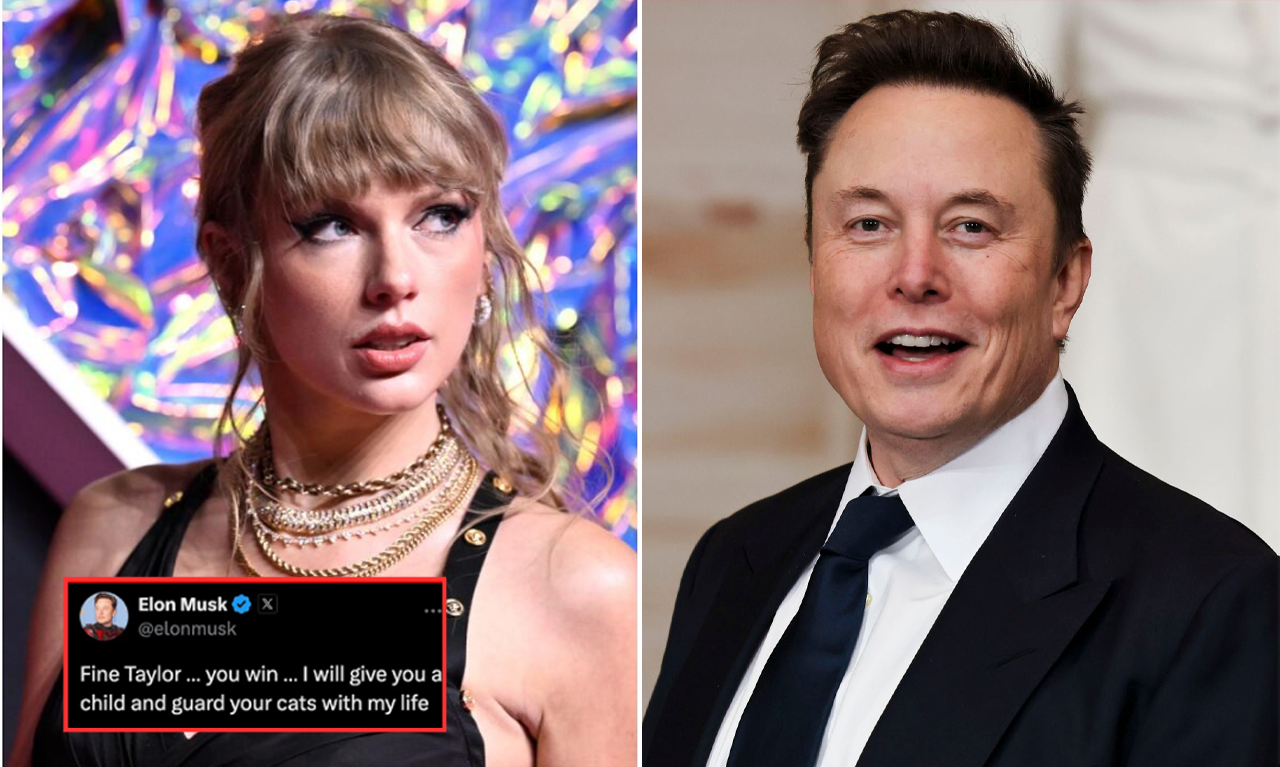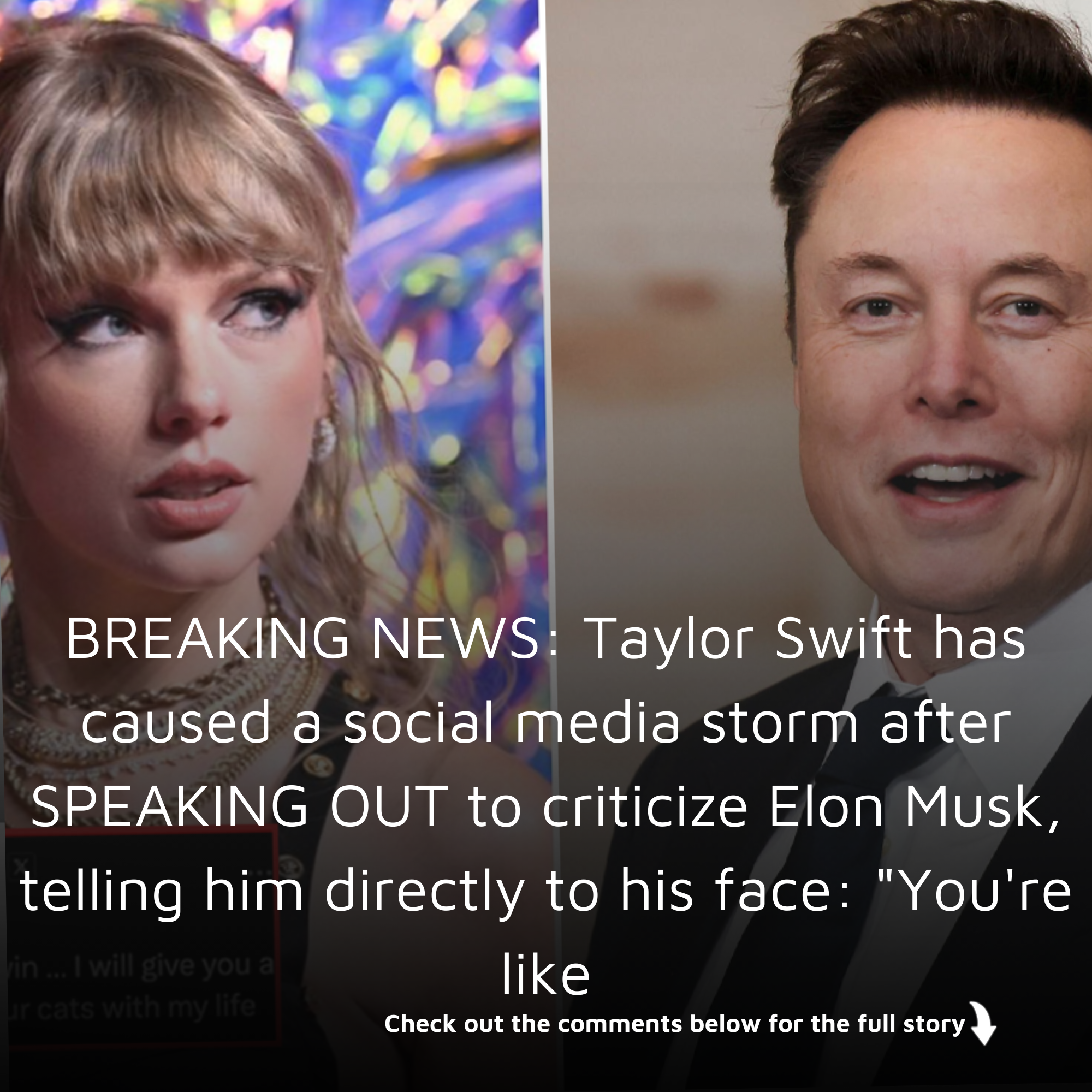After 25 years of charitable giving, Melinda French Gates has established herself as a prominent philanthropist, but she has raised significant questions about the philanthropic contributions of some of her fellow billionaires. In a candid interview with the New York Times, French Gates shared her views on the charitable endeavors of high-profile figures such as hedge fund manager Bill Ackman, Blockchain CEO Jack Dorsey, PayPal co-founder Peter Thiel, and Tesla CEO Elon Musk.
Defining philanthropy,
French Gates stated unequivocally: “They use their voice and their megaphones, but I wouldn’t call them philanthropists.” This statement underscores his belief that true philanthropy goes beyond simple donations; it encompasses a commitment to social change and impactful giving. He urged that while some of these billionaires have made public commitments, such as the Giving Pledge, their actual philanthropic contributions remain questionable.
“Look at his record of giving to society. It’s not much,” he commented, highlighting the stark contrast between his approach to philanthropy and that of others in his tax bracket. French Gates’ comments not only criticize individual practices but also serve as a call to action for billionaires to reevaluate their contributions to society.

The role of influence and accountability
The debate over philanthropy raises important conversations about influence and accountability in the world of billionaires. Many of these wealthy individuals have founded foundations, but the effectiveness and intentions behind their charitable acts are often subject to scrutiny.
 French Gates noted that while her ex-husband, Bill Gates, Warren Buffett, and herself have set a standard over their years of giving (more than $77 billion through their foundation), they have created a legacy based on measurable impact.
French Gates noted that while her ex-husband, Bill Gates, Warren Buffett, and herself have set a standard over their years of giving (more than $77 billion through their foundation), they have created a legacy based on measurable impact.
In contrast, she suggested that the men she criticized operate in a different realm, often failing to adhere to the same ethical standards. This raises questions about the responsibilities that come with wealth and the moral obligation to contribute in ways that truly empower communities and foster lasting change.

Social Media and Public Response
Following French Gates’s remarks, the public debate surrounding billionaire philanthropy intensified. The community’s response has been mixed; while many support his views, others defend the charitable actions of figures like Diddy, who has participated in philanthropic activities despite the controversy. The dialogue has evolved into a broader analysis of what it means to be a philanthropist in today’s society, where social media amplifies both achievements and shortcomings.

In the wake of this debate, prominent figures, including fans and followers, have begun to weigh in on platforms like Twitter and Instagram. The hashtags #PhilanthropyDebate and #AccountableGiving have emerged, serving as rallying cries for those advocating for genuine charitable giving and transparency among billionaires.
The Taylor Swift and Elon Musk Saga
In an unexpected twist in the debate over accountability, pop superstar Taylor Swift recently made headlines for her public criticism of Elon Musk. This incident further exemplifies the growing trend of public figures using their platforms to question the actions and values of others. Swift, known for her outspokenness and advocacy, was quick to call Musk “petty” and question his integrity.
This confrontation not only captures fans’ attention but also reflects broader issues of responsibility among influencers, whether in philanthropy or public discourse. The juxtaposition of Swift’s defense against Musk’s controversial behavior raises important questions about the role celebrities play in shaping social norms and expectations.
Philanthropy in the Age of Digital Activism
The current philanthropic landscape is increasingly intertwined with digital activism. Social media has become a powerful tool for raising awareness and mobilizing support for various causes. As a result, public figures are now more accountable than ever for their actions and words. The influence of figures like Melinda French Gates and Taylor Swift illustrates how social media can amplify their messages, fostering greater transparency and ethical standards within the philanthropic sector.
Furthermore, the rise of social media activism has democratized the conversation about donations and impact. The public now has access to information about how funds are allocated and the effectiveness of various initiatives. This scrutiny has led many philanthropists to reevaluate their strategies and engage more thoughtfully with the communities they aspire to serve.

Implications for the Future of Philanthropy
As the landscape of philanthropy continues to evolve, Melinda French Gates’ statements could herald a new era of accountability among the wealthy.

